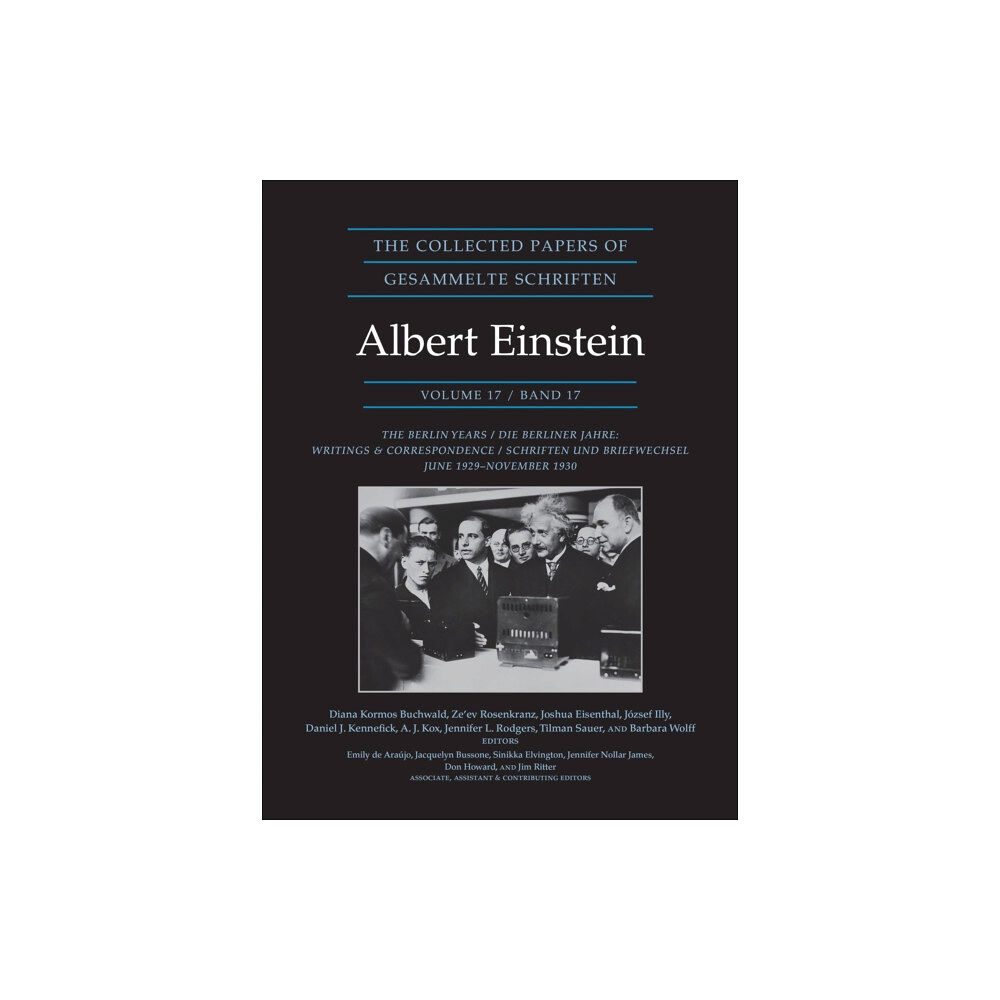The Collected Papers of Albert Einstein, Volume 17 (Documentary Edition) (inbunden, eng)
1 955 kr
1 979 kr
Bara 4 kvar
Beräknas skickas inom 6 - 7 vardagar
Specifikation
Det finns tyvärr inga specifikationer att visa för denna produkt.

